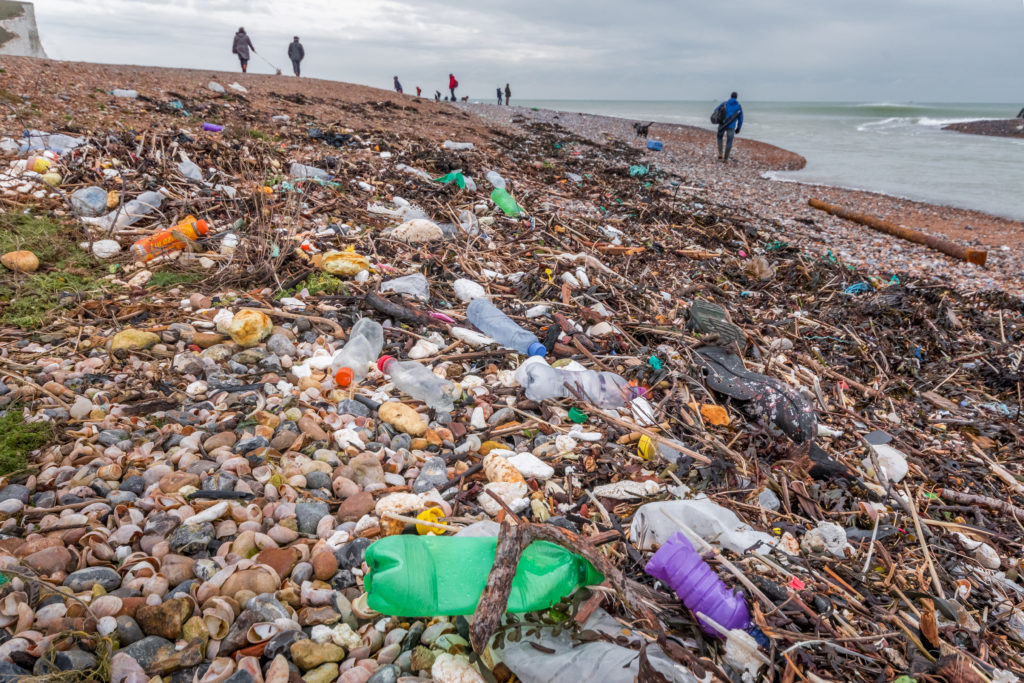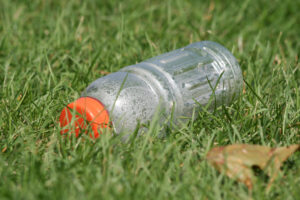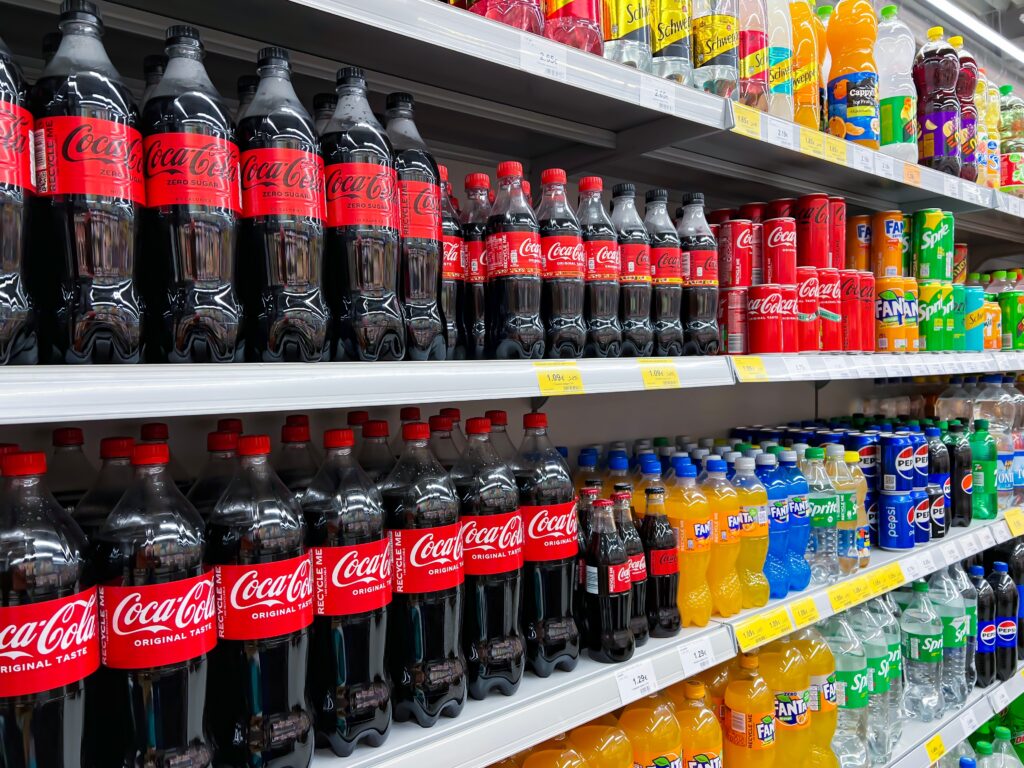The report looked at a decade of field research and found that more than 90% of the 1,140 miles surveyed contained litter.
Additionally – in a companion survey – 77% of people were found to believe the country’s litter problem has got worse in recent years.
The report also concluded that deprived communities are disproportionately impacted by litter in the UK.
Researchers found that there was almost three times as much litter in the most deprived areas compared with the least deprived, while litter-free spaces were seven times less likely to be found in the most deprived communities.

Allison Ogden-Newton OBE, chief executive at Keep Britain Tidy, said: “Our report is a wake-up call. It shows that litter is more than an eyesore – it prevents investment, creates inequality, damages the environment and makes people feel depressed and unsafe.
“It’s unacceptable that the most deprived communities are bearing the brunt of the country’s litter problem. We believe that everyone, wherever they live, should be able to take pride in their environment – but we cannot achieve this alone.”
The presence of litter also has negative impacts on mental health and our sense of safety. When shown an image of a littered area, 66% of survey respondents said they wouldn’t feel safe walking there at night and 86% said they would be embarrassed to live there.
It also had an economic impact, with 78% of respondents saying that the presence of litter would deter business investment and 87% saying they would be put off from buying or renting in a littered area.
Ogden-Newton continued: “If we are to make significant strides towards creating litter-free spaces for everyone, we need to set a new course and take coordinated action. Our research shows strong support for preventative measures to tackle this issue, demonstrating the public desire to ‘turn off the tap’ of litter, rather than ‘mop up the problem’.
“However, this requires a plan and cooperation at every level. We need a national strategy with robust targets and monitoring, clear focus and adequate resourcing. We’re calling on the government, industry and individuals to work together with us to create a future where litter-free spaces are the norm, rather than the exception.”
What contributes to the litter crisis?
62% of respondents attributed a lack of pride in maintaining local community spaces to the increasing litter problem, while more than half (52%) believed that littering has become normal behaviour.
Sweets and chocolate wrappers were found in more than half (52%) of surveyed sites, followed by drinks bottles and cans, which were present in almost a third of all locations (31%). Fast food-related litter was present in 22% of areas, and crisps and snack packets in 16%.
What is being done to combat litter in the UK?
Adam Hug, environment spokesperson for the Local Government Association, explained how local authorities are combatting litter: “Councils work hard to keep parks, streets and public spaces clean and free from unacceptable littering.
“Responsibility for clearing up litter lies with the person dropping it or leaving it behind. Councils run a range of awareness and clean-up campaigns, and Fixed Penalty Notices can be issued in cases where a person littering has been caught in the act.
“In order to reduce litter, we must reduce overall waste. At a time when councils are facing significant financial pressures packaging producers must take responsibility for meeting costs of disposing of this litter and in helping further reduce and recycle packaging waste.”
The government has this week confirmed a deposit return scheme (DRS) for England and Northern Ireland will go ahead in October 2027.
Ogden-Newton welcomed the scheme: “Keep Britain Tidy supports the introduction of the DRS as a significant step towards tackling drinks-related litter, which is especially problematic in the most deprived communities. With government estimates suggesting the DRS could cut littered drinks containers by 85%, this initiative has the potential to deliver profound benefits where they are most needed.”










Subscribe for free